Before Eve ever stepped into the Garden of Eden, there was another woman, Lilith. Her story is mysterious, powerful, and often overlooked in traditional tellings.
Was she a demon? A goddess? A feminist icon ahead of her time? Depending on where you look, Lilith is all of these and more.
Her name has echoed through ancient myths, medieval lore, and even modern pop culture, symbolizing rebellion, independence, and the right to say “no.”
In these ten truths, we’ll uncover who Lilith really was, or could have been, and why her story still resonates today.
Get comfy, grab a cup of tea (or a glass of red wine), and let’s dive into the untold layers of this ancient woman who refused to be tamed.
1. Lilith Was Created Equal to Adam

Unlike Eve, who was made from Adam’s rib, Lilith was said to be created from the same earth as Adam himself.
They were equals made at the same time, from the same stuff. That’s a pretty big deal, especially in ancient texts that typically placed men above women.
But that equality led to tension. Lilith didn’t see why she should be submissive to Adam. Why should she obey someone who was no better than her?
So, she pushed back. This truth isn’t just about ancient lore, it’s about a woman who refused to shrink herself. For many today, Lilith stands as a symbol of feminine strength and equality.
She wanted a partnership, not a hierarchy. And when she didn’t get that? She walked away. That’s gutsy, and kind of iconic.
2. She Left the Garden by Choice

Lilith wasn’t cast out of Eden, she chose to leave. That’s a bold move, especially when the Garden was supposed to be paradise.
But to Lilith, it wasn’t paradise if it came with submission. She couldn’t accept a life where she had no voice.
So she spoke a divine name, grew wings, and flew away. That’s not just a myth; it’s a metaphor for self-respect.
Imagine walking away from a perfect-looking life because your soul wasn’t free. That’s Lilith. Her story reminds us that even the most beautiful cage is still a cage.
And sometimes, choosing yourself means choosing solitude, mystery, and the unknown over comfort and control. That takes real strength.
3. Lilith’s Name Was Feared and Revered
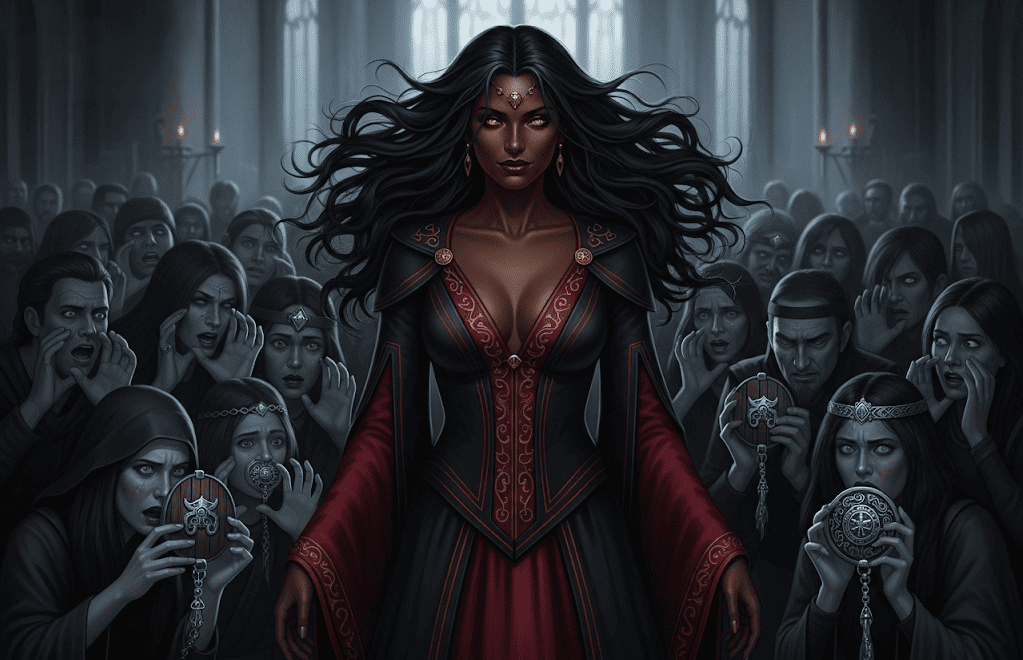
For centuries, people whispered Lilith’s name in fear, especially in ancient Jewish traditions where she was blamed for stillbirths, sleepless nights, and demonic mischief.
Her name was even scratched onto protective amulets for newborns to keep her away. But here’s the twist: what if the fear was actually about her power?
Lilith was independent, outspoken, and sexual. Traits that ancient societies found threatening in a woman.
Over time, those traits got demonized—literally. But look closer, and you’ll see someone who refused to be silenced.
Today, the name Lilith has become a symbol of empowerment, showing that sometimes what people fear most in women is their power to say “no.”
4. She Was Demonized for Her Sexuality
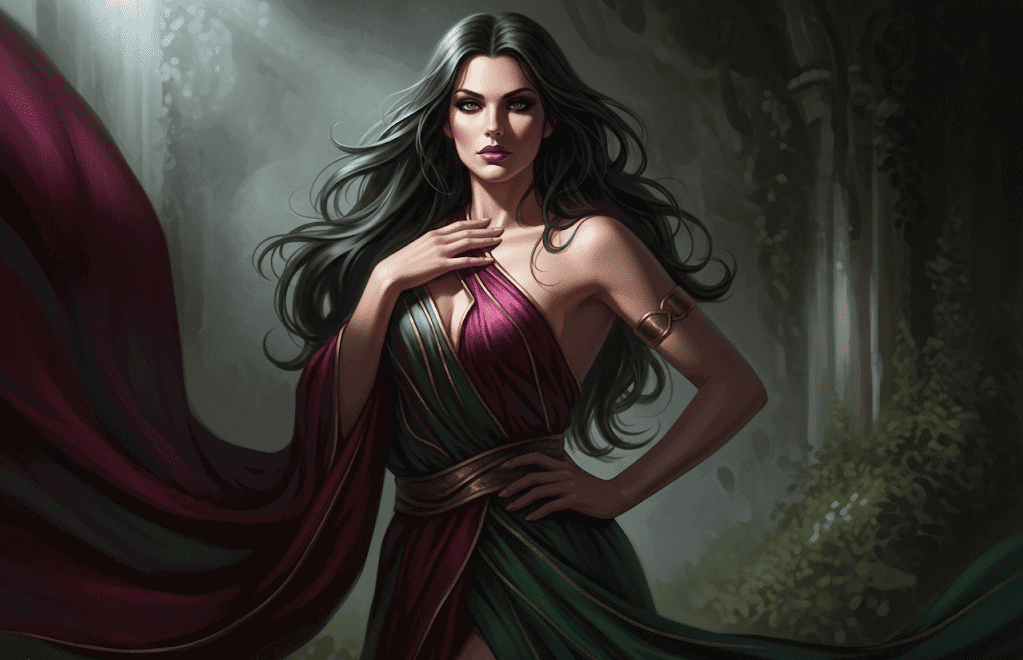
Lilith’s refusal to be “beneath” Adam wasn’t just philosophical; it was also physical. Ancient texts suggest she didn’t want to be sexually submissive.
That kind of sexual agency in a woman? It shocked patriarchal systems to the core. So what happened? She was turned into a demon, of course.
In myths, Lilith became a seductive night creature who preyed on men and babies. But dig a little deeper, and you’ll see that this demonization says more about society’s discomfort with female sexuality than about Lilith herself.
She wasn’t evil, she was empowered. Owning her body, her desires, and her boundaries was radical. And radical women often get rewritten as villains. Sound familiar?
5. Lilith Became the First Exile

Long before biblical exiles like Cain or even Lucifer’s fall, Lilith walked away from divine order by choice. That makes her the original outcast.
But unlike others who were punished or banished, Lilith exiled herself. She chose the wilderness over a world that didn’t value her.
There’s something beautifully tragic and brave about that. She wasn’t running from sin; she was running toward freedom. Alone, yes, but not broken.
That makes her story incredibly human. We’ve all had moments where we felt like the outsider, misunderstood, or misjudged.
Lilith reminds us that there can be power in exile—that being cast out doesn’t mean you’re wrong. It might just mean you’re ahead of your time.
6. Her Image Has Evolved Over Time

Lilith has gone from feared demoness to feminist icon, and that evolution says a lot about us. In ancient Mesopotamia, she was associated with wind and storms.
In Jewish folklore, she was the night-demon. In modern art, books, and music, she’s a symbol of female rage, independence, and divine defiance.
How did one woman become so many things? Because her story is flexible, like mythological clay. Each era reshaped her to fit its fears or hopes.
Today, she’s often reclaimed as a hero, someone who dared to live on her own terms. That transformation from evil to empowering shows how our understanding of women, power, and freedom has (thankfully) grown.
7. Lilith May Have Older Roots Than You Think
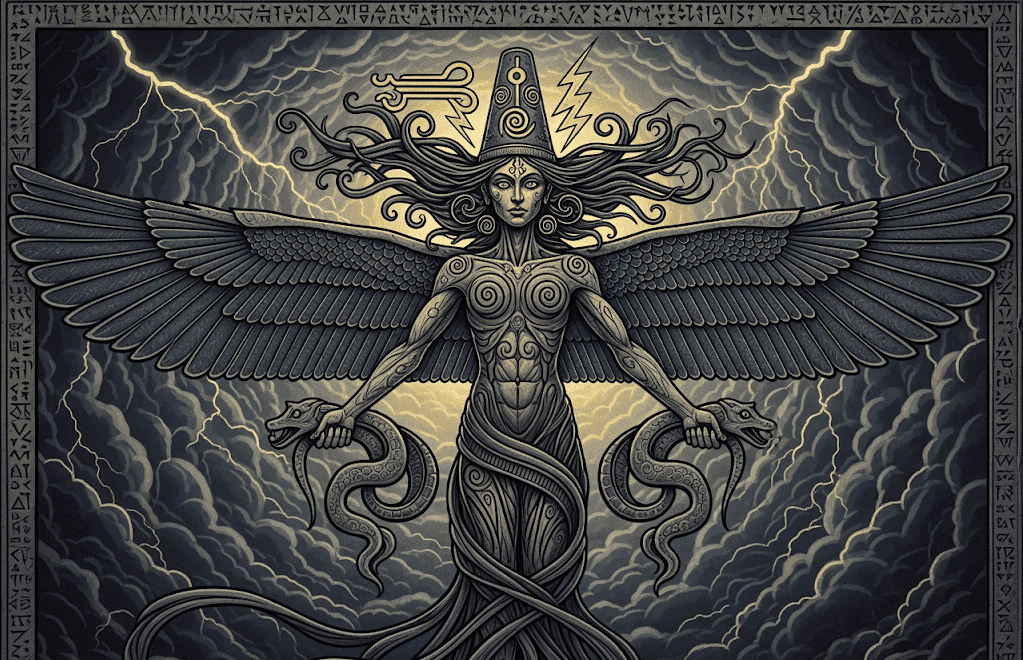
While many people associate Lilith with Hebrew traditions, her roots go much deeper, possibly all the way to ancient Sumeria.
There, she appears in texts as a wind spirit or night creature, often linked to storms and chaos. She even pops up in the Epic of Gilgamesh.
That makes her older than the Bible. Wild, right? She’s been whispering through our myths for millennia, changing shapes but never disappearing.
That longevity means she’s more than just a side note in Adam and Eve’s story, she’s part of humanity’s deeper subconscious.
A symbol that survives that long usually touches something raw and real in us. Maybe it’s her wildness. Maybe it’s her independence. Either way, Lilith refuses to be forgotten.
8. She Symbolizes Rebellion with a Purpose
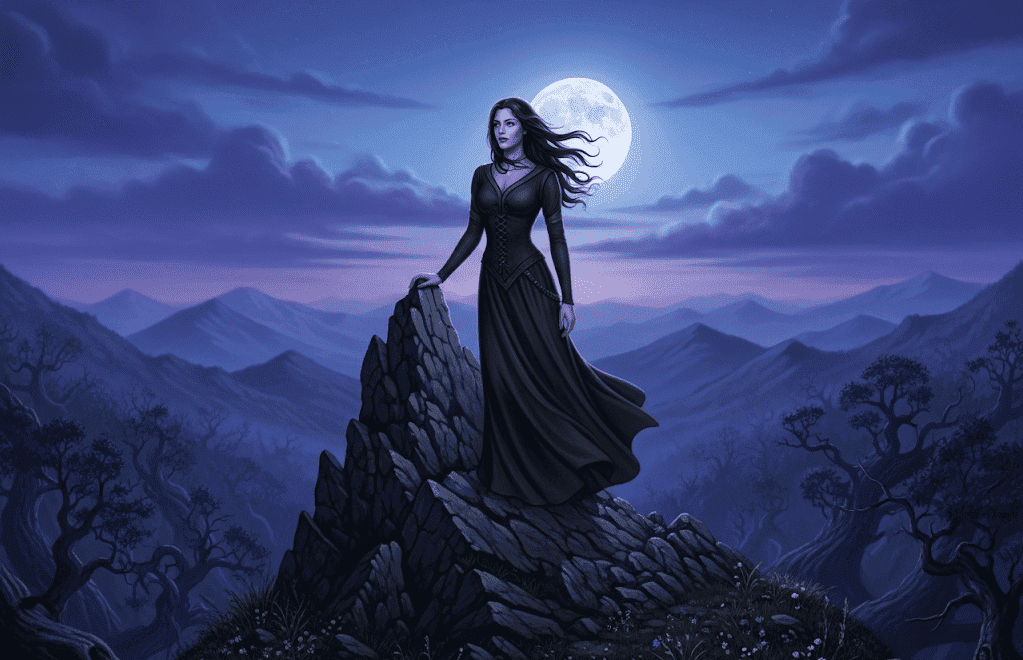
Lilith isn’t just rebellious for the sake of drama. Her defiance had a point: she wanted fairness, equality, and respect.
That’s not petty, that’s powerful. While others bowed to rules, she questioned them. She challenged the idea that obedience equals goodness.
That’s why she speaks to people today, especially those who’ve been told to stay quiet, play nice, or settle. Lilith’s rebellion wasn’t destructive; it was liberating.
She reminds us that pushing back isn’t always wrong. And while she paid a price for it, she also left behind a legacy of self-worth that can’t be erased. She’s the voice inside you that says, “You deserve more.”
9. Lilith Wasn’t Afraid to Be Alone
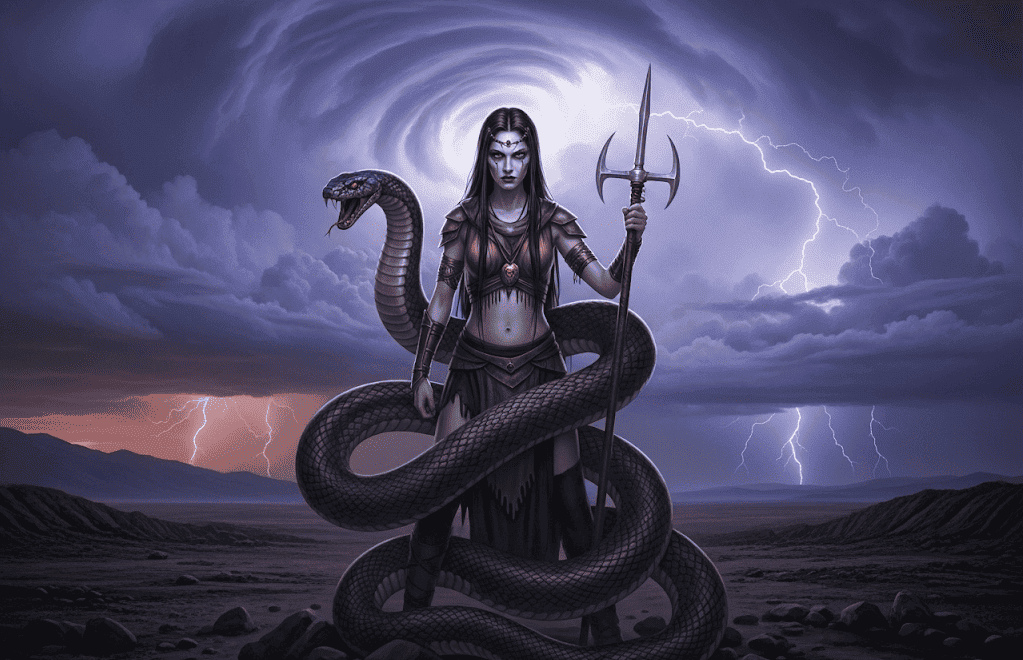
In a world that often romanticizes companionship and fears solitude, Lilith stands out. She chose aloneness over a toxic connection.
That’s rare, even today. Being alone can be scary, especially when society tells us our value comes from being partnered, needed, or approved of.
But Lilith shows us that solitude can be sacred. It’s where you find your real self, away from noise and expectation. She didn’t settle, and she didn’t cling.
She walked into the unknown with wings wide open. That kind of solitude isn’t loneliness, it’s strength.
If you’ve ever chosen yourself over someone who made you feel small, you’ve already got a bit of Lilith in you.
10. Lilith’s Legacy Lives On

Today, Lilith lives in music, literature, art, and in the hearts of those who resist being boxed in. She’s inspired everything from rock bands to feminist conferences, and even characters in fantasy novels and shows.
But her real legacy? That’s in the quiet courage of women who stand up for themselves. The ones who say “no,” who leave toxic spaces, who refuse to be less than they are.
Lilith’s not just a myth—she’s a mirror. She shows us the cost of freedom, but also its beauty.
She reminds us that it’s okay to walk away from comfort if it means walking toward your truth. And maybe, just maybe, she’s still out there watching over every wild-hearted soul who chooses themselves.

Ho sempre sentito una forte connessione con il Divino fin dalla mia nascita. Come autrice e mentore, la mia missione è aiutare gli altri a trovare l'amore, la felicità e la forza interiore nei momenti più bui.

